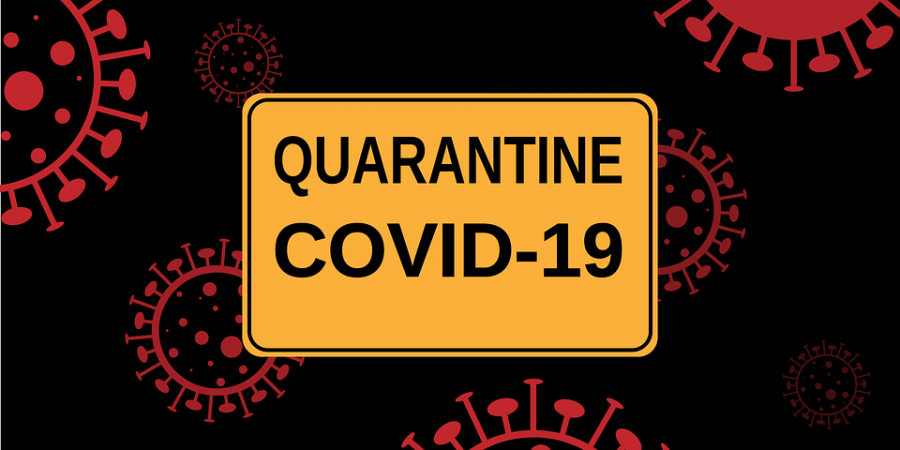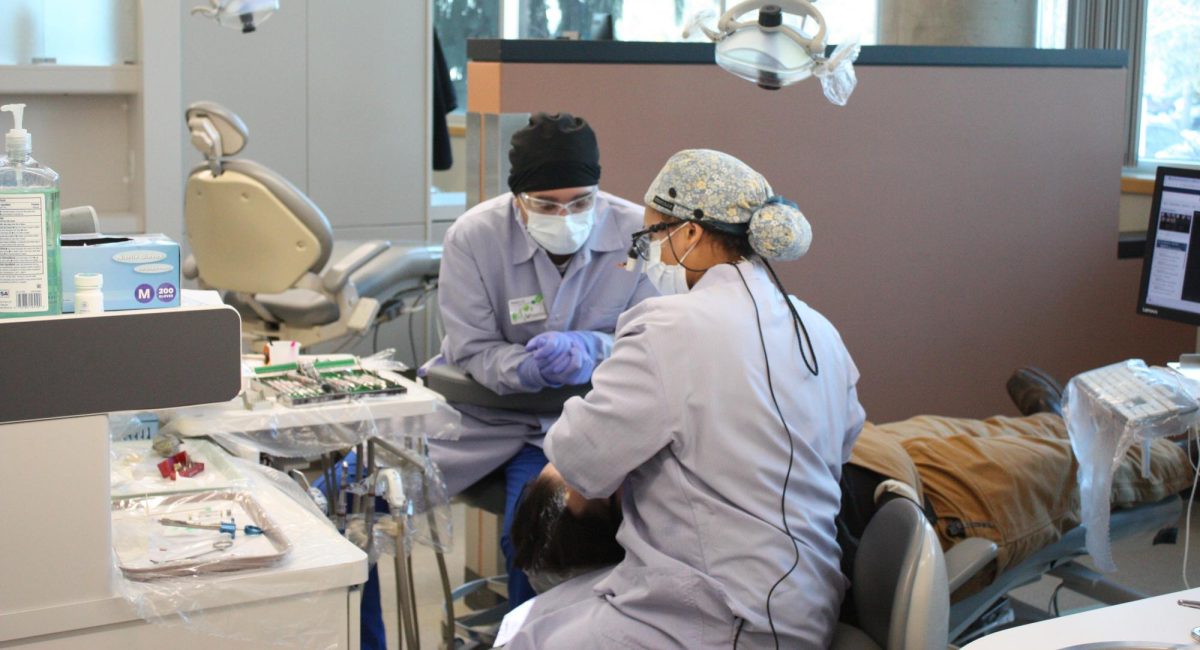How to stave off cabin fever while quarantined
April 20, 2020
Long periods of isolation were not in the forecast for 2020, but quarantining is a reality many people are now having to face. Quarantining at home may protect someone’s physical health, but what problems can quarantining create for their mental health?
“Quarantine (while necessary) is also a cruel twist for a college population,” said Professor Kurt Stellwagen, a psychology professor at EWU.
If someone has not felt like their normal self while quarantining, they may be experiencing what many call cabin fever. While cabin fever isn’t an official medical diagnosis, it’s a term many people use to encapsulate symptoms of isolation. Could quarantining cause cabin fever?
“Cabin fever can occur anytime you have an intense feeling of being isolated or disconnected from the outside world,” said Dr. Michael Ochi, a psychological counselor for EWU.
Recognizing symptoms of cabin fever can help people understand what they are going through and why. Since cabin fever is not an official psychological diagnosis, there is not an official list of symptoms, but psychology professionals can still create a basic outline of common symptoms. These are common symptoms to look out, for according to Ochi:
- Lethargy
- Sadness or depression
- Difficulty concentrating
- Decrease in patience
- Food cravings
- Decreased motivation
- Social isolation (beyond physical isolation)
- Difficulty waking up
- Frequent napping and/or irregular sleeping patterns
- Hopelessness
- Increase of distrust of others
- Changes in weight
- Inability to cope with stress
While these symptoms are not official, “it doesn’t mean the feelings aren’t real,” said Ochi.
Because depression can be a symptom of long periods of isolation, it raises concerns for suicide. Suicide is the second leading cause of death for college-aged students, according to the ABC News Network.
Two college-aged students committed suicide in less than a week after the Air Force Academy located in Colorado Springs, Colorado, put social distancing restrictions in place. The academy loosened restrictions on social distancing following the deaths.
One way Professor Raphael Guillory, a psychology professor at EWU, recommends staying mentally healthy during this time is physical activity. Guillory says even just taking a walk can help.
“The physical part is every bit as important as the mental and emotional,” said Guillory.
While people may not be able to hang out with friends outside, spending time in the outdoors may make them feel less disconnected from the world around them. People can still get outside and exercise during quarantine safely by maintaining social distancing.
“Participating in activities such as reading a book or going for a walk outside can be just as beneficial to our mental health,” said Ochi.
Another way to ease anxiety or other symptoms of cabin fever is by reaching out to friends and family. There are many applications that can be used to video call such as Zoom, Discord, Facetime and Skype. Even though there is not as much physical interaction happening between friends and family that does not mean people cannot still connect emotionally.
“There is an old saying in psychology, a problem shared is a problem halved,” said Stellwagen.
Other than reaching out to friends and family, students can always reach out to Counseling and Psychological Services (CAPS). CAPS has created a guide for coping during COVID-19 that can be found at https://inside.ewu.edu/caps/self-help/links/. This guide includes many useful tips that can help someone experiencing cabin fever, including how to cope with stress, free wellness resources and a coronavirus anxiety workbook.
Social distancing is really just physical distancing. Quarantining and social distancing do not have to put a halt to people’s life, friendships or positivity.








